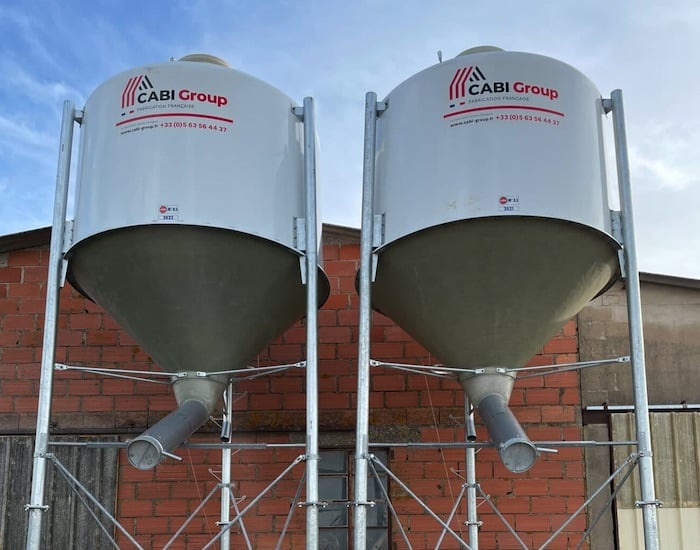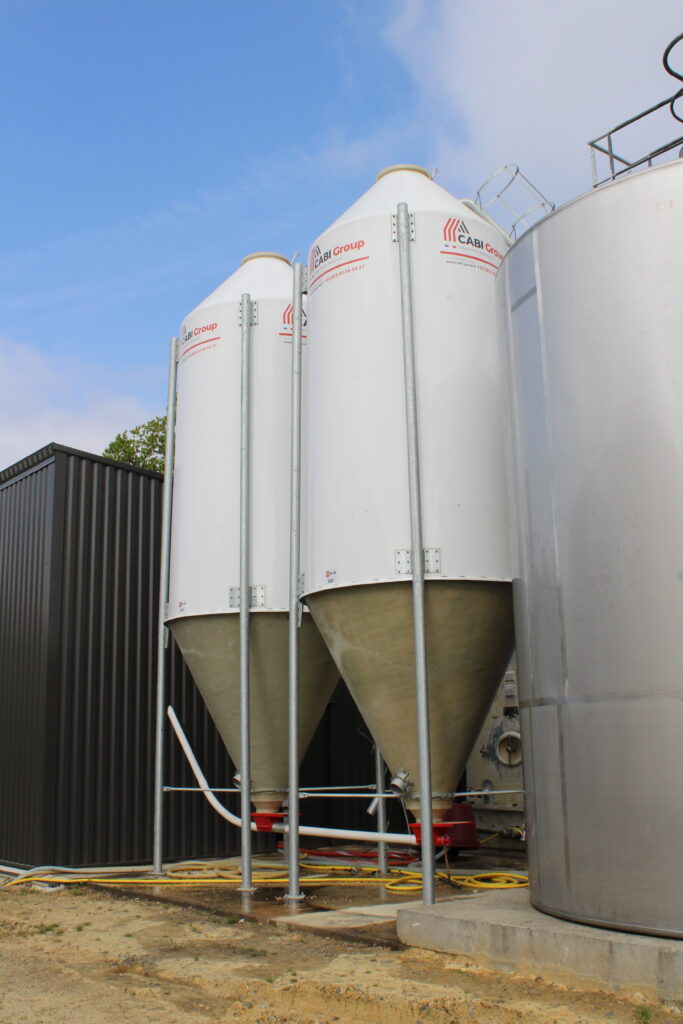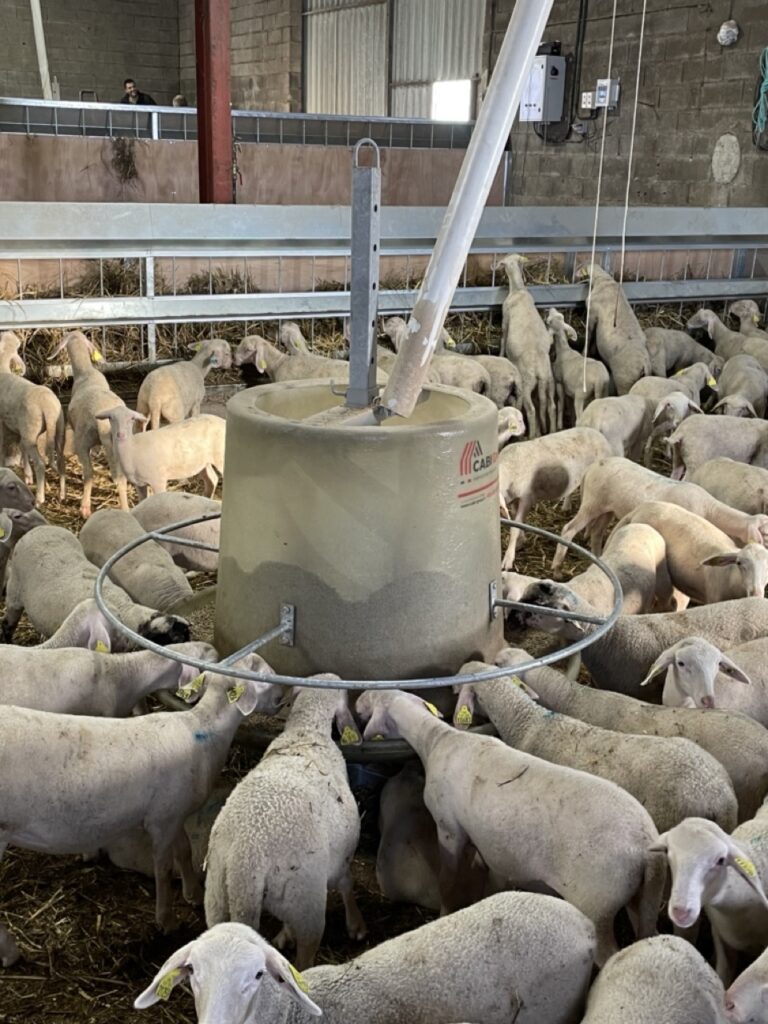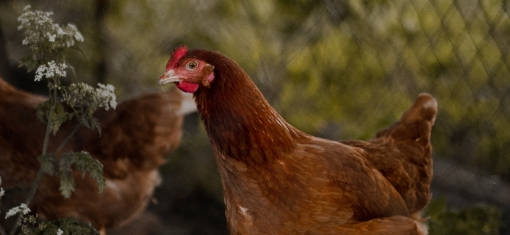Cereal storage is a key question in many farms. Cattle farm, cereal farm, or brewer….many farmers are faced with this. In order to guarantee the quality of your harvest, you must have the right equipment like a grain silo to store it under optimal conditions.
It would be like making biscuits with perfect ingredients, under perfect conditions, and then choosing an inappropriate packaging to preserve their texture and flavour…..a shame!
It’s a challenge because the market is developing rapidly. So, how to choose the type of grain silo which will suit your needs? If you need solid advice to make your choice, our experts at CABI are happy to advise you.
Identify your cereal storage needs
Storage requirement evaluation
In order to optimize your investment, you need to analyze your needs. Pointless to fill your farm courtyard with equipment or structures which will stay half empty. On the other hand, you might well anticipate expanding your business. If you are planning to produce more, or diversify your production, you will need suitable storage capacity. You will need to consider the type(s) of cereal, annual production levels, seasonal crops etc.
Climate and geographical considerations
The specifications of your production are not the only criteria to consider. You live in a region of rainy, cold winters? Or rather a dry climate? Moisture and temperature levels play an important role in cereal storage, and this is becoming even more difficult to manage with global warming. As a result, your equipment must be adapted, especially in terms of ventilation.
Remember also to take into account the characteristics of your land. As an example, we would advise you to avoid choosing a silo too close to the ground, if your land is susceptible to flooding.
Pensez aussi à respecter les contraintes de votre terrain. On vous conseille d’éviter un format de silo à grain trop près du sol si votre zone de stockage est en zone inondable, par exemple.

Cabi grain silo manufacturing
Explore the different types of grain silos
Metal grain silo
For the most part, actually made in galvanized steel. They are often used for larger capacity storage. You have surely seen them at your farming cooperative?
Flat concrete grain silo
These silos are most frequently constructed on site, and also have large storage capabilities. They are bordered by three walls for flat storage needs. To be avoided if you are not sure of the long-term site position!
Polyester grain silo
This is a lighter and more versatile silo compared to traditional ones, and they are very popular.
The principal advantages and disadvantages of each model:
| Advantages | Disadvantages | |
| Metal Silos | Robust and long-lasting Adapted for long-term storage and large volumes | Costly Heavy, needing solid foundations Assembly/installation costs |
| Flat Silos | Unbeatable for longevity Good thermal insulation and excellent in extreme climate conditions Corridor style : allows for equipment storage when empty | Costly Footprint is not very flexible Ventilation system to be installed at the construction stage Difficult to control pests (birds, insects and rodents) |
| Polyester Silos | Lightweight and easy to install Resistant to corrosion and chemicals Moderate investment | Shorter life-span than the metal or concrete silos, but still over 30 years ! Lesser storage capacity Easy emptying (cone/funnel) |
Focus on polyester grains silos
Choosing the right polyester silo
Polyester silos are a good compromise for average storage volumes. If you are looking for a good return on investment, it’s worth considering this type of silo. Reuniting perfect storage conditions and ease of positioning on the farm, your cereals will be well-cared for!
Once you have calculated your needs, you will easily be able to see how many units are necessary for your farm. Bear in mind that the shape of the silo can vary. Depending on what you wish to store and its use, certain models could be preferable – for example, a conic silo facilitates the outflow of grains.
Focus on interior cone storage grain silo
The base of this silo is cone-shaped which acts as a funnel, making this silo easy to fill and empty. The height and diameter of the cone can be adjusted according to the grain size and the different harvest batches. Designed to be installed in a sheltered space, this model is very popular with cattle breeders, who often use the silo several times a day, and greatly appreciate the fluid and efficient outflow of the grains.
In addition, the essential cleaning (the nooks and crannies where grain dust stagnates promote insect proliferation) of the silo is much easier with a cone silo.
The same thing applies if you have regular crop rotations which means frequent cleaning during the year. No need for contortions to access those nooks and crannies!

8m Cabi grain silos
Accessory equipment for managing cereals
Now that you have a more precise idea of which grain silo you need, let’s have a quick look at some of the highly useful accessories which will contribute to optimizing your grain storage conditions.
Grain auger to automate feeding the animals
A good grain silo is one thing, but one which helps distribute the food rations is even better! There are several models of grain augers – supple, rigid or even on a trolley – it’s just a question of finding the one made for you and your operation. You need only choose the model which corresponds best to bringing the grains to where you want them to go!
Ventilating fans for cereals
It would unimaginable to lose a part of your harvest because moisture invades your silo. There is no mystery to avoiding this setback – ventilation is vital from the moment the grain is put in the silo. It is the only way to limit the development of mold, and insure the nutritional quality of your cereals. It also avoids the risk of insect proliferation such as weevils, by lowering the temperature progressively.
Beware of smaller grains such as rapeseed. They leave less space inside the silo, so require a sufficiently powerful ventilation. And, so, to ventilate correctly, you need to plan on a grain ventilator. It can also help you clean the units by eliminating the dust in the nooks!
Our conclusion Choosing your grain silo
Cereal storage is a key question in many farms. Cattle farm, cereal farm, or brewer….many farmers are faced with this. In order to guarantee the quality of your harvest, you must have the right equipment to store it under optimal conditions.
It would be like making biscuits with perfect ingredients, under perfect conditions, and then choosing an inappropriate packaging to preserve their texture and flavour…..a shame!
It’s a challenge because the market is developing rapidly. So, how to choose the type of grain silo which will suit your needs? If you need solid advice to make your choice, our experts at CABI are happy to advise you.






